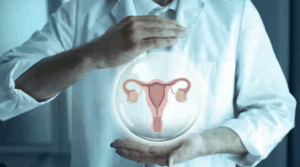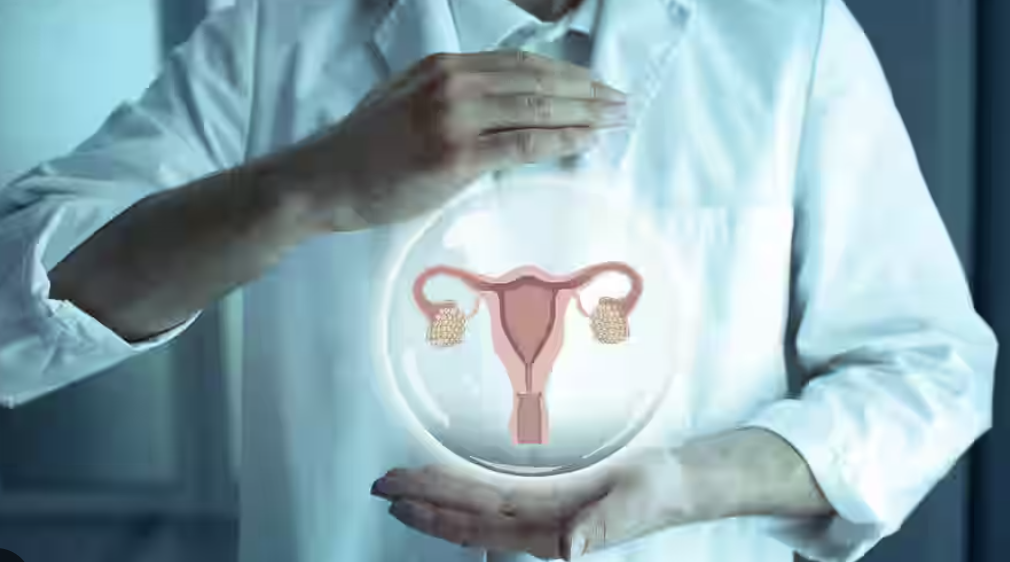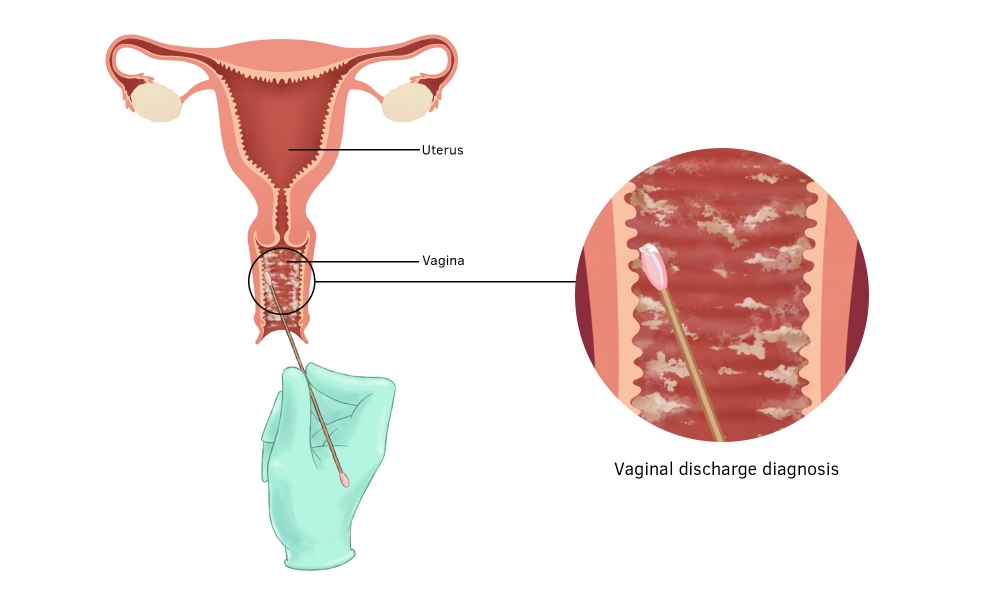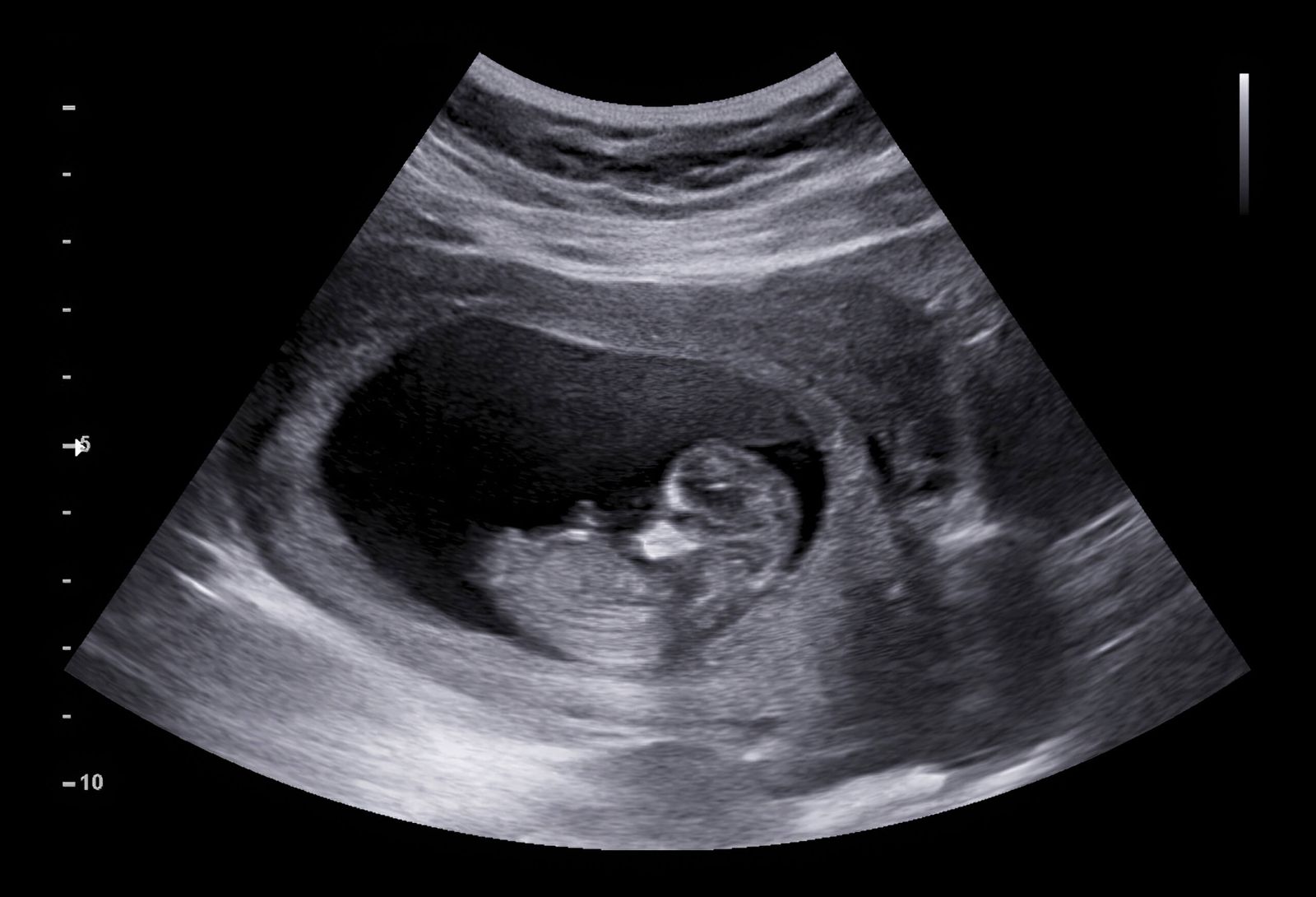Fertility is one of the most important aspects of a woman’s reproductive health, and it is closely connected to gynaecology. Many women face challenges in conceiving, but they often delay seeking help from a gynaecologist for fertility problems due to stigma, lack of awareness, or the belief that issues will resolve on their own. However, timely consultation with a specialist can significantly increase the chances of successful treatment.
In this blog, we will explore the signs of fertility issues, when to see a gynaecologist, and the available fertility treatments that can help couples achieve their dream of parenthood.
Understanding Fertility and Its Connection with Gynaecology
Fertility refers to the natural ability to conceive and give birth. A gynaecologist plays a vital role in diagnosing and treating conditions that affect fertility in women. From menstrual irregularities to hormonal imbalances and structural problems in the reproductive system, gynaecologists provide solutions that can improve the chances of conception.
Common gynaecological conditions linked with infertility in women include:
-
Polycystic Ovary Syndrome (PCOS)
-
Endometriosis
-
Blocked fallopian tubes
-
Fibroids
-
Ovulation disorders
-
Hormonal imbalances
Understanding these conditions early can help women plan timely interventions.

When Should You See a Gynaecologist for Fertility Issues?
Many couples try to conceive naturally for months before seeking medical advice. However, waiting too long can sometimes reduce the success rate of treatments. Here are the key situations when you should consult a fertility gynaecologist:
1. If You Have Been Trying to Conceive for Over a Year
If you are under 35 years of age and have been having unprotected intercourse for 12 months without success, it’s time to consult a fertility specialist. For women above 35, the waiting period is usually reduced to 6 months, as fertility naturally declines with age.
2. Irregular or Painful Periods
Menstrual irregularities may indicate underlying problems like PCOS, endometriosis, or hormonal imbalances that can affect ovulation. A gynaecologist can diagnose the cause through blood tests and ultrasounds.
3. History of Miscarriages
If you have experienced multiple miscarriages, it is important to seek medical help. A gynaecologist can evaluate genetic, hormonal, or structural causes that may be contributing to pregnancy loss.
4. Known Gynaecological Conditions
Women with PCOS, fibroids, blocked tubes, or endometriosis should not delay seeking help, as these conditions can directly affect fertility. Early intervention with medical or surgical treatment can improve the chances of conception.
5. Age-Related Fertility Concerns
Fertility declines significantly after the age of 35. Women who wish to conceive later in life should consult a fertility gynaecologist for options like egg freezing, IVF, or IUI.
6. Male Fertility Issues
Fertility is not only about women. If the male partner has issues like low sperm count, poor motility, or erectile dysfunction, consulting a fertility expert is equally important.
Diagnostic Tests Recommended by Fertility Gynaecologists
A fertility-focused gynaecologist may recommend several tests to identify the cause of infertility, such as:
-
Ovulation tests
-
Hormone level tests (FSH, LH, AMH, Thyroid)
-
Ultrasound scans to check ovaries and uterus
-
Hysterosalpingography (HSG) to check fallopian tube blockages
-
Semen analysis for male partners
Early testing helps in accurate diagnosis and timely treatment.
Treatments Offered in Fertility and Gynaecology
Depending on the diagnosis, a fertility gynaecologist may recommend one of the following treatments:
1. Medications for Ovulation
Women with ovulation problems may be prescribed fertility drugs like Clomiphene Citrate to stimulate egg production.
2. Intrauterine Insemination (IUI)
A simple and effective treatment where sperm is directly placed into the uterus during ovulation.
3. In Vitro Fertilization (IVF)
One of the most successful treatments for infertility, IVF involves retrieving eggs and fertilizing them with sperm in a laboratory before transferring embryos to the uterus.
4. Laparoscopic Surgery
Used to treat conditions like endometriosis, ovarian cysts, or fibroids that may be hindering conception.
5. Egg Freezing
For women who wish to delay pregnancy, egg freezing is an advanced option to preserve fertility.
Lifestyle and Fertility – A Gynaecologist’s Advice
In addition to medical treatments, lifestyle factors also play an important role in fertility. Gynaecologists often recommend:
-
Maintaining a healthy weight
-
Eating a balanced diet rich in vitamins and minerals
-
Regular exercise
-
Avoiding smoking and excessive alcohol consumption
-
Managing stress effectively
-
Taking prenatal vitamins like folic acid
These lifestyle changes can improve both natural conception and the success of fertility treatments.
Why Early Consultation with a Fertility Gynaecologist Matters
The earlier you seek medical help, the better your chances of overcoming infertility. Timely intervention can:
-
Prevent further damage to reproductive health
-
Increase the chances of successful pregnancy
-
Reduce emotional stress
-
Provide access to advanced fertility treatments
Conclusion
Fertility and gynaecology are deeply interconnected, and delaying medical help can sometimes make conception more difficult. If you have been trying to conceive without success, facing irregular periods, suffering from PCOS or endometriosis, or are over 35 years of age, it is best to consult a fertility gynaecologist at the earliest.
Remember, infertility is not uncommon, and with the right diagnosis and treatment, millions of couples worldwide have achieved parenthood. By being proactive about your reproductive health and seeking timely guidance, you can take a big step toward fulfilling your dream of starting a family.







